Caring for a loved one or pursuing a career in caregiving can feel overwhelming, especially when trying to navigate Florida’s specific requirements. Whether you’re an adult child considering caring for aging parents or exploring professional opportunities, understanding the state’s caregiver landscape is your first step toward making informed decisions.
Quick Answer: Florida caregiver requirements depend on the type of caregiving you pursue. Family caregiver programs typically require basic eligibility requirements such as being a close relative or legal guardian of the care recipient. Professional paid caregiver positions involve more extensive requirements, including background screening, completing an application process, and potentially obtaining one of the many caregiver credentials. Both paths may involve training components and adherence to specific Florida statutes governing caregiving services.
This comprehensive guide breaks down everything you need to know about becoming a caregiver in Florida, from understanding different caregiver types to navigating support systems and taking your first steps in the caregiving journey.
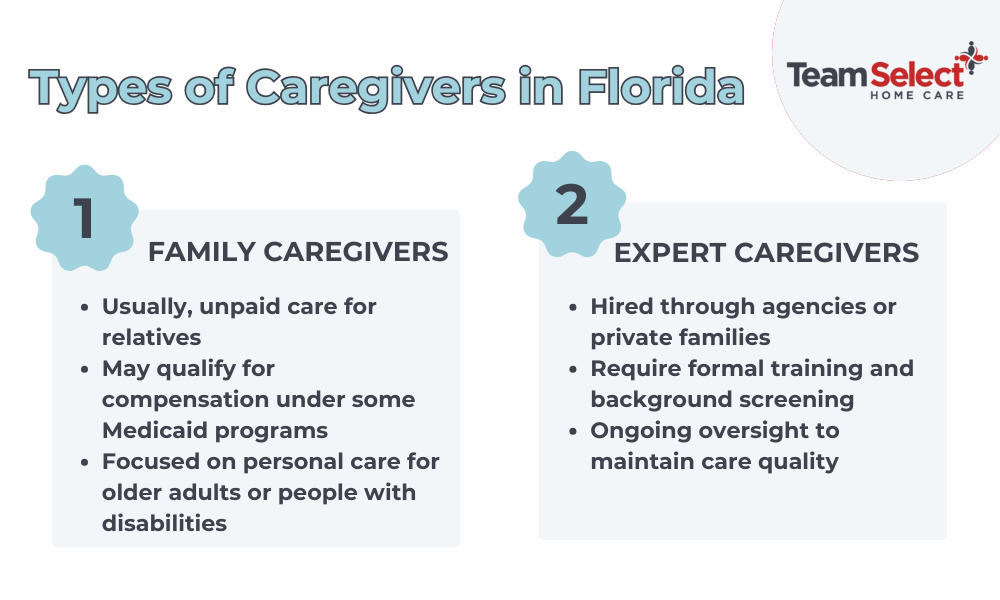
Understanding Different Types of Caregivers in Florida
Florida recognizes several distinct caregiver categories, each with unique requirements and responsibilities. Understanding these differences helps you choose the right path for your situation.
Family Caregivers vs. Professional Caregivers
A family caregiver provides unpaid care to a family member, typically through state programs that offer financial assistance. These programs often allow close relatives to receive compensation for providing personal care to older adults or individuals with developmental disability or physical disability.
In contrast, a paid caregiver works professionally for agencies or private families. These positions require more formal qualifications and ongoing oversight to ensure quality caregiving services.
Program-Based Caregiving Options
Florida offers various community based services that support both caregiver types:
- Medicaid Waiver Programs: Allow family members to become eligible employees while caring for relatives
- Private Duty Services: Professional caregivers providing specialized care
- Respite Care Programs: Temporary relief services for primary caregivers
The legal guardian of a care recipient may have additional options and responsibilities under Florida statutes. These regulations ensure proper oversight while maintaining the person’s dignity and rights.
Many families find that combining different types of support creates the most comprehensive care plan. An adult child might serve as the primary caregiver while utilizing respite services during work hours or for personal needs.

Specific Requirements and Qualifications
Background Screening and Documentation
All paid caregivers in Florida must complete a thorough background check through the state’s screening system. This process examines:
- Criminal history records
- Verification of legal status in the United States
Family caregivers participating in medicaid waiver programs also undergo background screening, though requirements may be less extensive than those for certified caregivers working in professional settings.
Application Process Steps
The application process varies significantly based on your chosen caregiver path:
For Family Caregiver Programs:
- Complete initial eligibility assessment
- Submit required documentation proving relationship to care recipient
- Undergo background screening
- Participate in basic caregiver training
- Develop a care plan with the case manager
For Professional Positions:
- Submit a formal application with work history
- Complete a comprehensive background check
- Provide medical records showing fitness for caregiving
- Complete required training programs
- Pass competency evaluations
Training and Education Requirements
Training requirements vary by role and program. For example, personal care attendants may complete agency-provided instruction on safe transfers, hygiene, and emergency procedures, while Home Health Aides and CNAs must complete state-approved training programs with defined hour requirements
Caregivers supporting individuals with intellectual disability or complex physical disability conditions need additional specialized training. This education covers condition-specific care techniques, communication strategies, and safety protocols.
Special Considerations for Different Populations
Caring for older adults involves understanding age-related changes and common health conditions. Caregivers must learn to recognize signs of cognitive decline, manage multiple medications, and provide emotional support during challenging transitions.
Those supporting individuals with developmental disabilities require different skills, focusing on promoting independence while ensuring safety. Training covers behavioral support techniques, adaptive equipment use, and community integration strategies.

Support and Resources Available
Florida Family Caregiver Program
For families caring for medically fragile children, Florida offers a unique program that allows loved ones to step into the role of caregiver while receiving financial support. Through the Florida Family Caregiver Program, parents, grandparents, and other family members can provide skilled in-home care and gain access to training, community services, and ongoing support.
This program recognizes the value of keeping children safe and comfortable at home while ensuring caregivers are not left to manage alone. Benefits include:
- Paid Caregiving Opportunities – Eligible family caregivers may qualify for compensation through Medicaid waiver funds.
- Specialized Training – Families receive education in home care, emergency preparedness, and pediatric needs to build confidence and skill.
- Comprehensive Support – Access to respite care, community resources, and support groups helps families balance caregiving with their own well-being.
- Personalized Care Plans – Programs are designed around each child’s unique medical and developmental needs, making it possible to thrive in a familiar home setting.
Eligibility is based on the child’s medical records and enrollment in a Florida Medicaid program or waiver, along with caregiver background requirements. With guidance from organizations like Team Select Home Care, families can navigate the application process and create a sustainable caregiving plan.
Financial Assistance Programs
Florida provides multiple financial assistance options for families needing caregiving support:
State-Funded Programs:
- Medicaid waiver program payments for family caregivers
- Supplemental assistance for medical equipment
- Transportation support for medical appointments
Federal Programs:
- Veterans’ benefits for eligible families
- Social Security disability benefits
- Medicare coverage for specific medical reasons
The medicaid program offers the most comprehensive financial assistance for qualifying families. These programs can significantly reduce the financial burden of providing or receiving care.
Many families don’t realize they qualify for financial assistance until they explore available options.
Community Support Networks
Support groups provide valuable emotional and practical assistance for both caregivers and care recipients. These groups offer:
- Peer support from others facing similar challenges
- Practical tips for daily caregiving tasks
- Information about local resources and services
- Emotional support during difficult times
Community-Based Services Integration
Florida’s community-based services work together to create comprehensive support networks. Case managers help coordinate various services, ensuring families receive appropriate assistance without duplication or gaps in care.
This integrated approach means families can access multiple support services through a single point of contact, making navigation much simpler during already stressful times.

Getting Started and Next Steps
Beginning Your Caregiver Journey
Start by honestly assessing your situation, capabilities, and goals. Consider these questions:
- Are you planning to care for a family member or pursue professional opportunities?
- What level of care will be needed?
- Do you have the physical and emotional capacity for caregiving demands?
- What financial resources are available?
Taking Action
For Family Caregivers:
- Contact a specialized company like Team Select Home Care for initial guidance
- Speak with your loved one’s healthcare providers about care needs
- Research available financial assistance programs
- Connect with local support groups
For Professional Caregivers:
- Research reputable home care agencies in your area
- Begin the application process with your chosen organization
- Prepare for background screening requirements
- Consider additional training to enhance your qualifications
Finding Professional Support
While family caregiving can be rewarding, many families benefit from professional support to ensure comprehensive care and caregiver sustainability.
Team Select Home Care has supported families across Florida and multiple states since 2008, developing experienced and caring teams focused on exceptional patient care. With over 16 years of experience, we understand the unique challenges families face when navigating caregiving decisions.
Our comprehensive personal care services and home care programs support both families choosing to provide care themselves and those seeking professional assistance. Through continuous employee development and active community outreach, we’re committed to making caregiving more manageable for families throughout our service areas.
For additional information about caregiver requirements or to explore how professional support might benefit your family, consider connecting with experienced providers who understand Florida’s complex caregiving landscape and can guide you through available options.
The caregiving journey presents both challenges and rewards. With proper preparation, appropriate support, and access to quality resources, you can provide meaningful care while maintaining your own well-being and that of your care recipient.

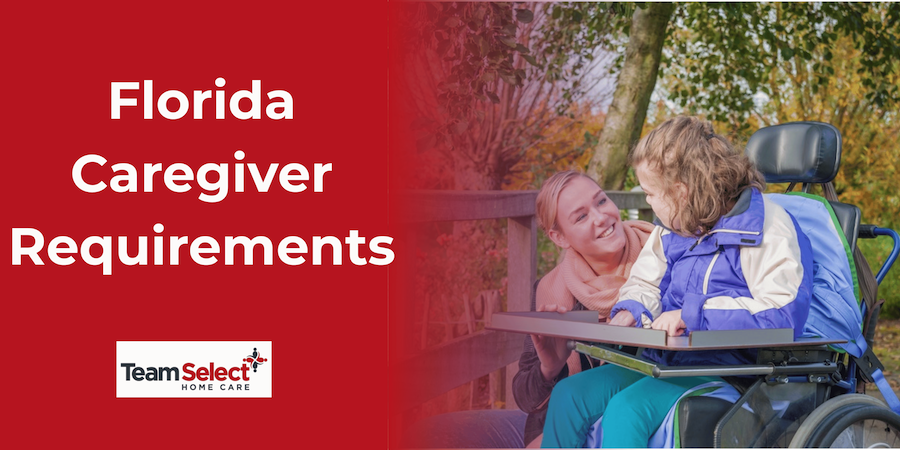
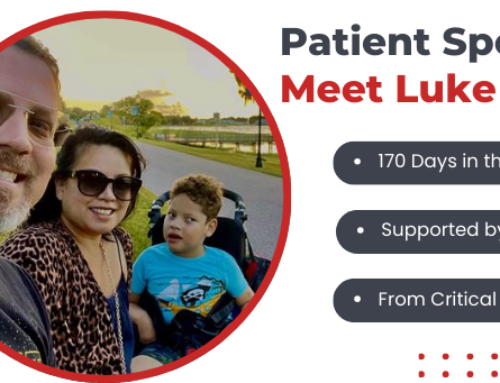
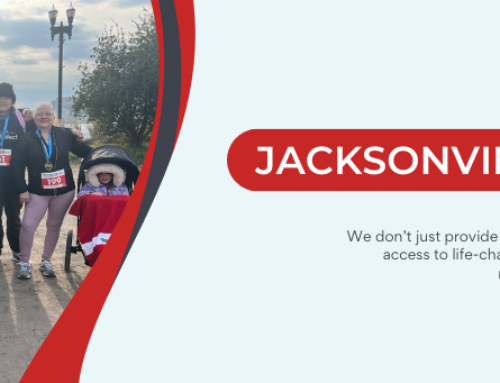
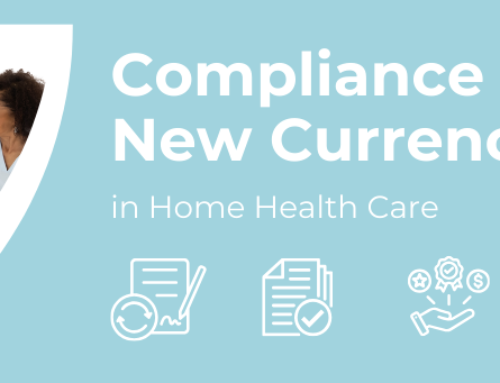

Leave A Comment